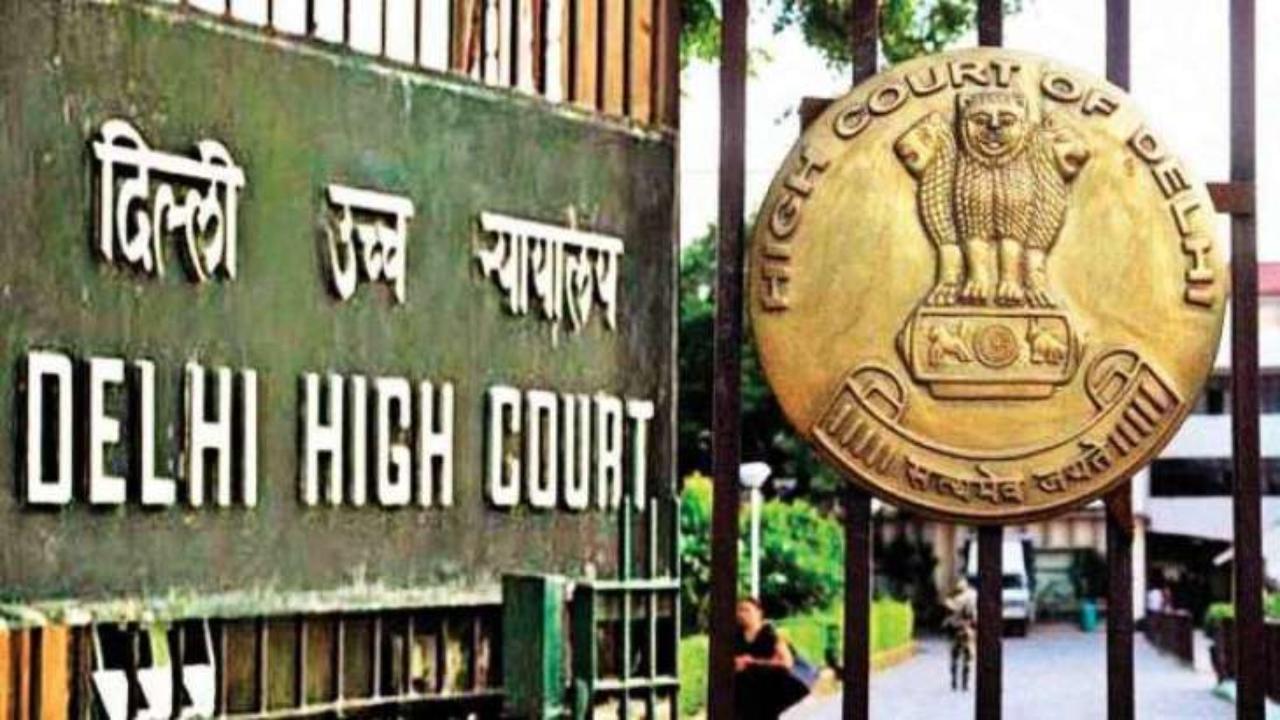"Having regard to the effects of marriage, the bar of marriage is a reasonable restriction placed in public interest and national security..."

File Photo/PTI
The Centre on Wednesday defended before the Delhi High Court the policy barring married individuals from applying for Judge Advocate General (JAG), the legal officer in the army, and said considering the "effects of marriage", the bar is a "reasonable restriction placed in public interest and the interest of national security".
In an additional affidavit filed in response to a petition challenging the embargo, the Central government said the condition of being unmarried for grant of commission to cadets aged 21-27 years is "restricted only for the period of recruitment and pre-commissioned training" which involves a high amount of stress and rigours of military training and the restriction on marriage before successful commission is in the interest of the candidates as well as organisation.
A bench of Chief Justice Satish Chandra Sharma and Justice Sachin Datta granted time to petitioner Kush Kalra to file his response to the Centre's stand.
Last year, the high court had asked the Centre to explain the reason behind the policy on an affidavit while remarking that the policy barring married individuals from applying for the post "does not make any sense".
The Centre, in its earlier affidavit filed in March 2019, said that right to marry cannot be a right to life under the Constitution and there was no discrimination on the basis of marital status of the candidates.
The authorities have sought dismissal of the PIL saying the Constitution does not stipulate right to marry as a fundamental right.
In the latest affidavit, the Centre submitted that in the Indian Army, both males and females are treated equally and all army personnel have similar qualification requirements for basic military training and in all types of entries, "unmarried clause" is common.
It explained that once the unmarried cadets complete their training and are granted commission, there is no bar on marriage or its ¿natural consequences¿ like pregnancy and several service benefits are also given, but during conduct of basic military training that lasts for minimum one year, such provisions are not possible.
"Since pregnancy and giving birth to a child is considered as natural right for a woman and she cannot be deprived of that, while formulating the rules such precautionary conditions have been laid down in the interest of women candidates themselves," the reply said.
"With regard to male officers the answering respondents, without prejudice, respectfully submit that the rigour of training and initial years of service do not permit an officer to get married during training or to address certain requirements of married life to include situations of emergency," it added.
The Centre informed the court that an absence of more than three weeks during training leads to the cadets losing a term and being relegated to a junior term and further absence leads to discharge.
Also read: Indian Army to reintroduce millets flour in rations of soldiers
"Having regard to the effects of marriage, the bar of marriage is a reasonable restriction placed in public interest and national security...due to such thought of policy governing the entry of males and females in Indian Army, either men or women officers, do not require them to resign or give up their service due to marriage or marriage related natural consequences if they get married after completion of training and are granted commission," the additional affidavit said.
"Thus, the prohibition of marriage during training period and before successful commission is felt to be a reasonable restriction put in the interest of the candidates as well as organisation," asserted the document.
The court was also informed that married cadets are permitted to undergo pre-commission training in three entries, which are "in-service entries" and provide career opportunities to serving soldiers.
The eligible age bracket for these entries is "comparatively higher" and most have already undergone basic military training at the relevant time, the additional affidavit added.
In the PIL, petitioner Kush Kalra, a lawyer who was represented by advocate Charu Wali Khanna, has termed as "institutionalised discrimination" the restriction on married individuals from being considered for JAG.
The petition has questioned the basis for barring married persons from joining JAG when marital status is not an eligibility criteria for the "equally ranked" judiciary and Indian Civil Services.
JAG is the legal advisor to the Chief of the Army Staff in matters of military, martial and international law, the plea has said.
The plea has sought that the special army instructions of 1992 and 2017, which disentitle married women and married men, respectively, from applying for JAG be declared as void.
The matter would be heard next on July 17.
This story has been sourced from a third party syndicated feed, agencies. Mid-day accepts no responsibility or liability for its dependability, trustworthiness, reliability and data of the text. Mid-day management/mid-day.com reserves the sole right to alter, delete or remove (without notice) the content in its absolute discretion for any reason whatsoever.
 Subscribe today by clicking the link and stay updated with the latest news!" Click here!
Subscribe today by clicking the link and stay updated with the latest news!" Click here!








